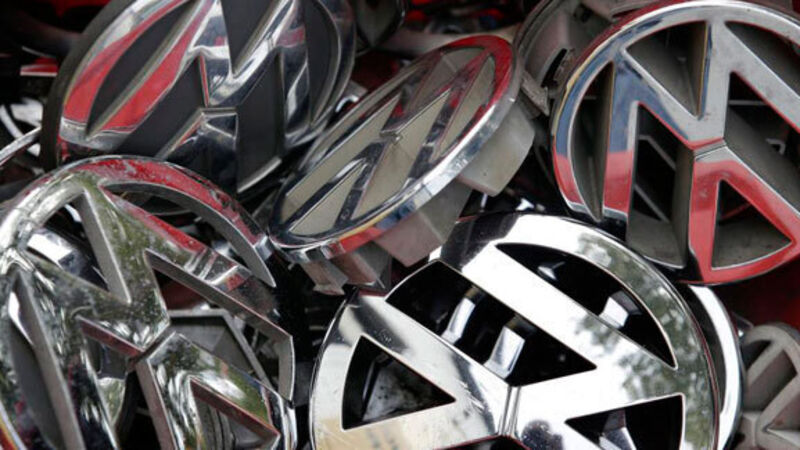VW to cut 4,000 jobs in IT overhaul

Volkswagen will let lapse 4,000 general and administrative jobs, while adding 2,000 IT positions over the next four years, avoiding layoffs at its German factories, as it negotiates a major shift toward electrification and self-driving cars.
The move, brokered with VW’s powerful unions, includes job guarantees through 2029.
















